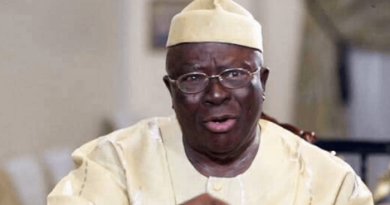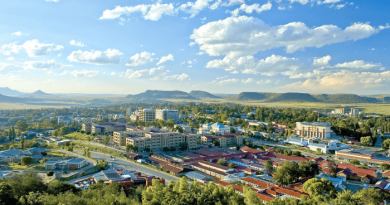Can Tinubu turn economic recovery into human progress?
President Bola Tinubu’s defenders cite a string of headline reforms as evidence of his bold economic stewardship during his first year in office. Chief among these are the elimination of the longstanding fuel subsidy and the unification of Nigeria’s multiple exchange rate windows. These actions, while politically risky, were necessary after years of fiscal distortion, rent-seeking, and market manipulation by vested interests.
The Central Bank of Nigeria, previously notorious for political interference and ad hoc currency interventions, has returned to a more orthodox footing. The naira, once in free fall, has found relative stability, and the gaping disparity between official and parallel market exchange rates has narrowed significantly. For investors, both local and international, this new climate offers welcome predictability. Gone, for now, is the fog of monetary opacity and currency rationing that long plagued Nigeria’s business environment.
“Nigeria’s recovery must be judged not by capital flows alone but by gains in education, employment, and food security. On these fronts, the government’s achievements remain underwhelming.”
However, macroeconomic realignment alone is not enough to secure a meaningful recovery. For millions of Nigerians, these reforms have been accompanied by sharp pain, not promise. The removal of the fuel subsidy triggered immediate inflationary pressures, driving up transportation and food costs. For small businesses and informal traders, who comprise the majority of Nigeria’s labour force, the spike in operating costs, coupled with unreliable electricity and poor infrastructure, has proven suffocating.
Wages remain stagnant. The prices of essential goods: rice, bread, and cooking oil, have doubled in the space of months. Families are being forced to make impossible choices between school fees, rent, and daily meals. The data may signal progress, but the lived experience tells a different story.
To declare the economy “on the mend” because investor confidence is improving or oil production has risen modestly, from 1.0 to 1.5 million barrels per day, is to conflate financial metrics with human welfare. The true measure of economic reform is whether it lifts people out of poverty and expands access to opportunity. Nigeria’s recovery must be judged not by capital flows alone but by gains in education, employment, and food security. On these fronts, the government’s achievements remain underwhelming.
To his credit, Tinubu has tackled issues that many of his predecessors sidestepped. The fuel subsidy was a fiscal sinkhole, and the Central Bank’s mismanagement under the previous administration fuelled capital flight and currency speculation. These were difficult legacies to inherit. Yet courage in dismantling economic distortions must now be matched by creativity and compassion in building a socially inclusive recovery.
Inflation, currently hovering around 24 percent, continues to undermine consumer confidence and erode savings. Food inflation is especially punishing for the poor. Structural reforms in agriculture, securing rural areas, investing in irrigation, and providing access to affordable credit, are essential if inflation is to be tackled sustainably. Monetary tightening alone will not do the job.
Equally, Tinubu’s drive to expand the tax base, while laudable in theory, risks public resistance if not accompanied by visible improvements in service delivery. The social contract in Nigeria is perilously thin. Citizens cannot be expected to pay more into a system that consistently fails to deliver basic public goods. Investment in healthcare, education, and infrastructure must become tangible proof that tax revenues are being put to productive use.
Security remains an unaddressed vulnerability. Economic recovery cannot take root in a country where swathes of territory remain under threat from banditry, insurgency, and communal conflict. In states like Zamfara, Benue, and Niger, the state’s monopoly on violence is contested daily. The reformist resolve seen in fiscal and monetary policy must now extend to internal security. Modernising the police force, addressing military underfunding, and investing in intelligence capabilities are non-negotiable.
With the 2027 election cycle on the horizon, the temptation to pivot from reformist austerity to populist giveaways will grow. Tinubu must resist this urge. Nigeria’s transformation will not be secured through fleeting popularity but through long-term institutional renewal.
The president’s legacy will ultimately depend on whether he can bridge the widening gap between macroeconomic gains and microeconomic despair. Between fiscal recovery and the rekindling of public hope. If he succeeds, he may usher in a new era of resilience and shared prosperity. If not, these reforms will be remembered as yet another false dawn in Nigeria’s long struggle for economic emancipation.





